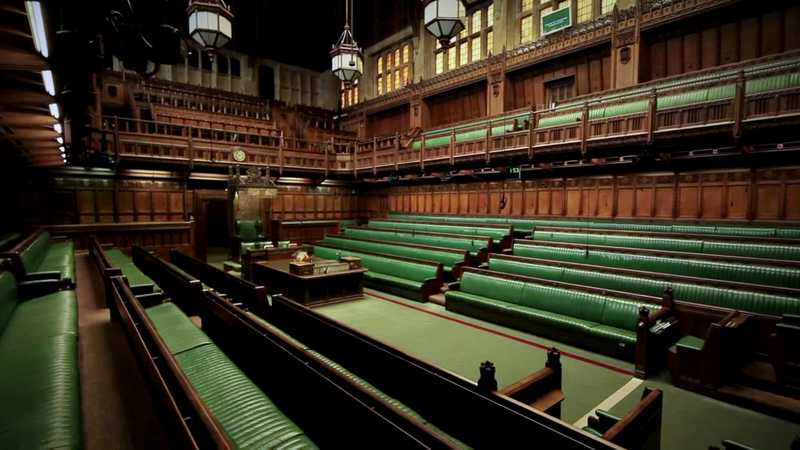
In a landmark decision, MPs have voted to decriminalise abortion for women in England and Wales, marking the most significant change to abortion laws in nearly six decades.
The amendment, introduced by Labour MP Tonia Antoniazzi as part of the Crime and Policing Bill, passed by a landslide majority of 242 votes. It removes the threat of criminal prosecution for women who end their own pregnancies outside the current legal framework, including after the 24-week limit.
While the law still penalises those who assist with an unlawful abortion — such as medical professionals — women themselves will no longer face police investigations or criminal charges for self-managed abortions.
Antoniazzi argued that the current legislation, rooted in Victorian-era law, disproportionately harms vulnerable women. In Parliament, she cited the case of Nicola Packer, who was arrested after experiencing a stillbirth at home following the use of abortion medication prescribed when she was around 26 weeks pregnant. Packer endured a four-year police investigation and stood trial, claiming she had not realised how far along she was.
"Each one of these cases is a travesty, enabled by our outdated abortion law," Antoniazzi said. "These women need care and support — not criminalisation."
The amendment was supported by 379 MPs, with 137 voting against. MPs voted freely on the matter, as it was considered a conscience issue.
The change does not alter the existing legal framework around how and when abortions can be performed — such as the 24-week limit, the requirement for two doctors’ approval, or telemedicine provisions — but it shields women from prosecution if they fall outside those parameters.
The amendment received wide backing from abortion providers, over 50 professional organisations including the Royal College of Obstetricians and Gynaecologists (RCOG), and more than 180 MPs across party lines.
Other proposals were also debated:
Labour MP Stella Creasy proposed a more far-reaching amendment to remove all abortion-related offences from the 1861 Offences Against the Person Act and to enshrine abortion as a human right. Though 108 MPs expressed support, major providers such as BPAS did not back the proposal, and it was not brought to a vote.
Conservative MP Dr Caroline Johnson tabled an amendment to ban the “pills-by-post” model, requiring in-person consultations before abortion medication could be prescribed. This amendment was rejected by 379 votes to 117.
Prof Ranee Thakar, President of the RCOG, welcomed the outcome: “This is a victory for women’s reproductive rights. It reflects the widespread consensus among medical and legal professionals, and among the public, who overwhelmingly support safe, confidential abortion access free from criminal prosecution.”
The bill must still pass through the House of Lords before it can become law.
Campaigners hailed the vote as historic. BPAS chief executive Heidi Stewart, who has advocated for reform since 2016, called it a "landmark moment for women’s rights."
“This means no more police investigations after miscarriages, no more arrests of vulnerable women, and an end to archaic criminal laws punishing those who need care,” she said.
However, the Society for the Protection of Unborn Children (SPUC) strongly opposed the decision. Its public policy manager, Alithea Williams, warned the change could lead to abortions occurring at any stage of pregnancy without legal consequences, claiming: “Even the very limited protection afforded by the law is being stripped away.” Photo by UK Parliament, Wikimedia commons.




































